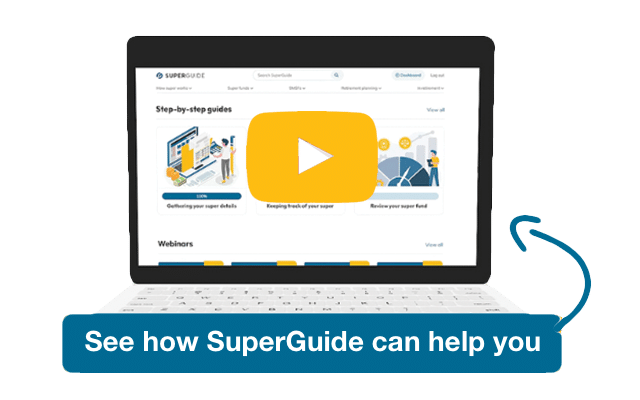In this guide
During the early days of the COVID-19 pandemic, Australians were offered early access to their super to help manage financial hardship. If you were one of the three million people who made a withdrawal under the scheme, here’s a handy reminder: you still have the option to put that money back, without it counting towards your contribution caps.
This is a rare opportunity to rebuild your super balance and protect your long-term retirement savings.
A quick recap: What was the COVID-19 Early Release Scheme?
The federal government introduced the COVID-19 Early Release of super program in 2020 to support Australians facing financial stress during the pandemic. It ran in two phases:
- From 20 April to 30 June 2020, eligible individuals could access up to $10,000 of their super
- From 1 July to 31 December 2020, a second withdrawal of up to $10,000 was available
The scheme officially closed on 31 December 2020. In total, over $36 billion was withdrawn.
How the recontribution measure works
Under normal rules, personal after-tax (non-concessional) contributions count towards your annual cap – currently $120,000 (or up to $360,000 under the bring-forward rule). Going over this cap can lead to additional tax and administrative complications.

Free eBook
Retirement planning for beginners
Our easy-to-follow guide walks you through the fundamentals, giving you the confidence to start your own retirement plans.
"*" indicates required fields
However, if you’re recontributing an amount you withdrew under the COVID-19 scheme, you can apply to have it excluded from your cap. This allows you to rebuild your super without reducing the amount of other after-tax contributions you can make.
You can recontribute any amount up to the total you withdrew under the scheme. It doesn’t need to be the full $10,000 or $20,000, and you don’t have to contribute it all at once – it can be done in multiple instalments before the 2030 deadline.
Who is eligible?
To use this recontribution concession, you must:
- Have accessed your super through the COVID-19 Early Release Scheme in 2020
- Make the recontribution between 1 July 2021 and 30 June 2030
- Ensure the amount doesn’t exceed the total you withdrew
- Not claim a tax deduction for the contribution.
This measure is only available to individuals making personal contributions. If you’re contributing to someone else’s account or claiming a deduction, the recontribution will count towards your usual cap.
How to apply
If your recontribution would otherwise cause you to go over your non-concessional cap, you’ll need to complete the ATO’s notice of recontribution of COVID-19 early release amounts (NAT 75394) form. This tells your fund to report the amount to the ATO as a COVID-19 recontribution, ensuring it is excluded from your cap.
You must submit the form before or at the time you make the contribution. If your non-concessional contributions will be less than the cap, the form isn’t required, but lodging it is still recommended in case your circumstances change later in the year.
Key considerations
- COVID-19 recontributions must not be claimed as a tax deduction
- Contributions still count towards your total super balance, which may impact future contribution eligibility
- You must lodge the form with the same fund you contribute to
- The final date to use this measure is 30 June 2030
Why it’s worth considering
If you withdrew funds in 2020 and your financial situation has since improved, recontributing those amounts can be a powerful way to repair your retirement savings. It gives you the flexibility to rebuild your super without affecting your ability to make other after-tax contributions.
While there’s no requirement to repay what you withdrew, this concession allows you to restore your balance with minimal downside – and the earlier you do it, the more time your money will have to grow inside super’s low-tax environment.
Need help deciding?
Super funds and financial advisers can help you assess your contribution options and ensure the right forms are completed. Rebuilding your super can take time – but this rule gives you a head start.


Leave a Reply
You must be logged in to post a comment.